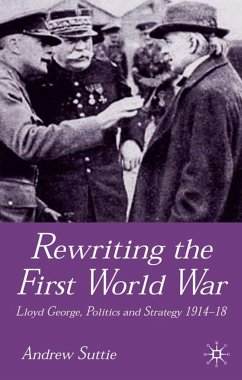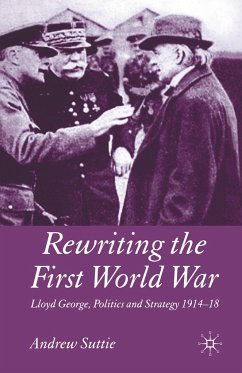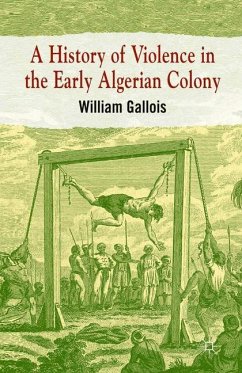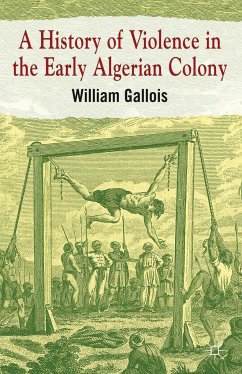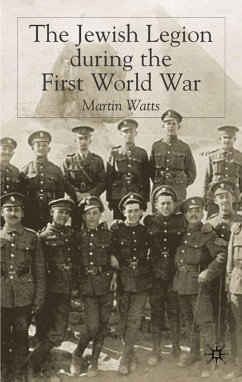Nicht lieferbar
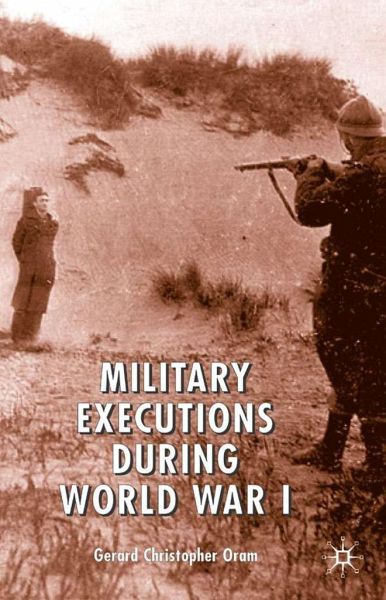
Military Executions During World War I
Versandkostenfrei!
Nicht lieferbar
Three hundred and fifty-one men were executed by British Army firing-squads between September 1914 and November 1920. By far the greatest number were shot for desertion in the face of the enemy. Controversial even at the time, these executions of soldiers amid the horrors of the Western Front continue to haunt the history of war. This book provides a critical analysis of military law in the British army and other major armies during the First World War, with particular reference to the use of the death penalty. This study establishes a full cultural and legal framework for military discipline ...
Three hundred and fifty-one men were executed by British Army firing-squads between September 1914 and November 1920. By far the greatest number were shot for desertion in the face of the enemy. Controversial even at the time, these executions of soldiers amid the horrors of the Western Front continue to haunt the history of war. This book provides a critical analysis of military law in the British army and other major armies during the First World War, with particular reference to the use of the death penalty. This study establishes a full cultural and legal framework for military discipline and compares British military law with French and German military law. It includes case studies of British troops on the Frontline.







